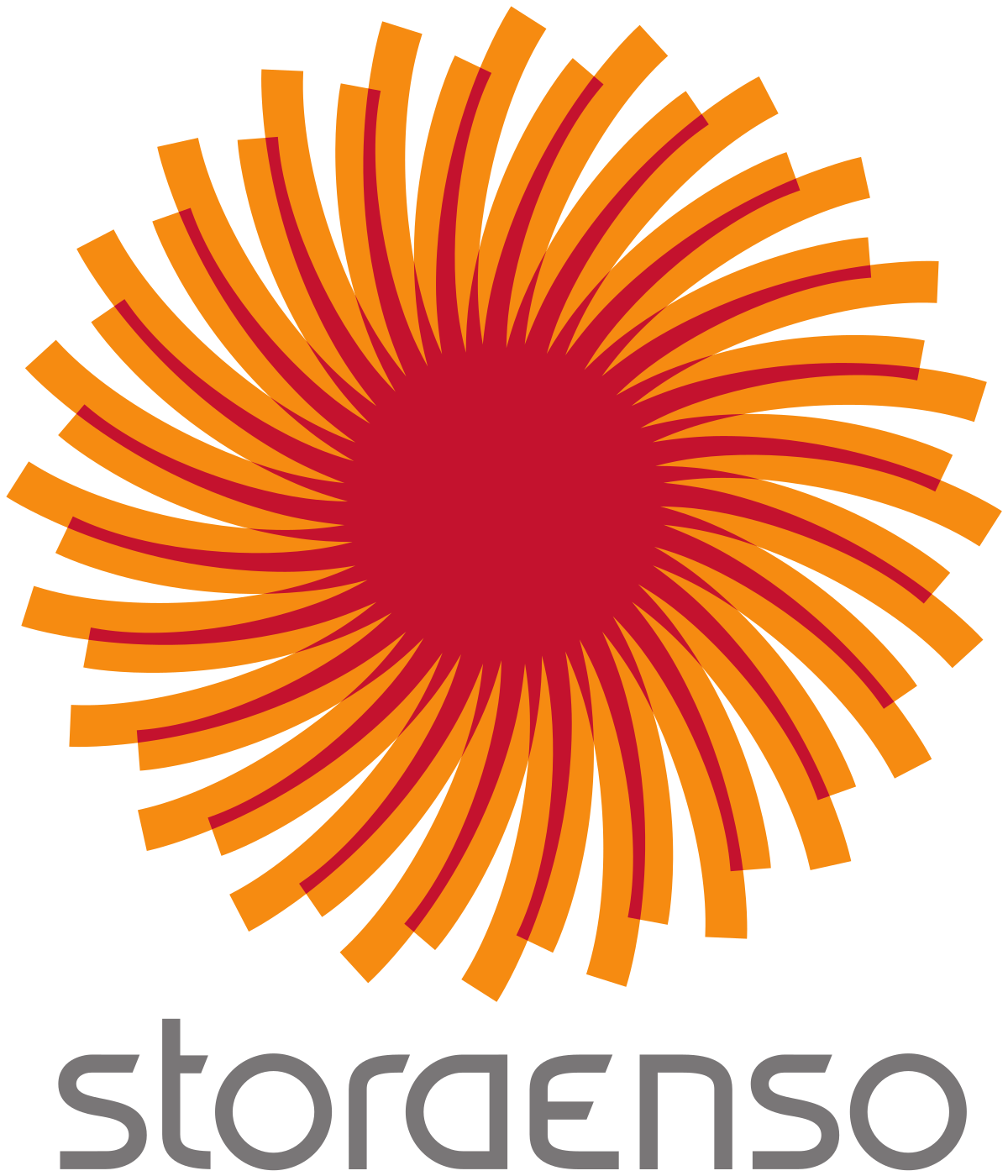
Stora Enso begins commissioning of Belgium bioplastic pilot plant
November 3, 2022
By Stora Enso

The launch of a new bioplastics pilot plant in the Flanders region in Belgium will enable a new bioplastics production technology, ready for implementation at industrial scale.
In the decades to come, bio-based materials will be standard components of various packaging solutions. As a response to this demand, In December 2019, Stora Enso announced an investment of EUR 9 million to build a pilot facility enabling the production of bioplastics. The objective is to test FuraCore, Stora Enso’s breakthrough technology to produce furandicarboxylic acid (FDCA), a major building block of bioplastic PEF (PolyEthylene Furanoate).
From pilot production in 2022 towards commercialization in 2026
Since the initial investment announcement, things have advanced at a rapid pace. Construction of the plant has been completed, and the commissioning is well underway. Initial production will start by year-end 2022, and, after that, things will quickly move towards regular production of FDCA, and PEF with partners.
According to VP emerging business, Dirk den Ouden, the next step is to ensure everything runs in a stable way and to collect data for the next scale-up. Once samples are available in large enough quantities, Stora Enso will work with partners and potential customers on validating the FuraCore products in a range of applications.
“We’ll soon have our pilot fully up and running, producing material for testing,” says den Ouden. “The proof point of years of breakthrough R&D is now around the corner.”
The bigger picture of the piloting effort is to validate the chemical process and provide sample material to gain further insight into market needs and product demands. The pilot facility will initially use industrially available sugar (fructose) to produce high-value chemicals and materials for application testing. In the future, the intention is to run the process on sugars extracted from wood and other non-food-based biomass.
Nature happens to provide our raw material in a very efficient way via crops. That’s where we’ll start. Implementing FuraCore chemistry at large scale globally, however, requires us to rethink our raw material sourcing. That’s where sugars from trees and agricultural residues come in.
The Flanders region as a hub for bio-based technologies
With the Flanders region having become a focal point for the bio-based economy, it would be an ideal region to industrialize the FuraCore process. The central location of the pilot facility at the Langerbrugge recycled paper mill near Ghent brings access to skilled people and critical service providers in the region. At just an hour from Brussels, it makes partner visits easy to arrange.
The journey of developing a plastic that makes sense is in full swing.
Print this page